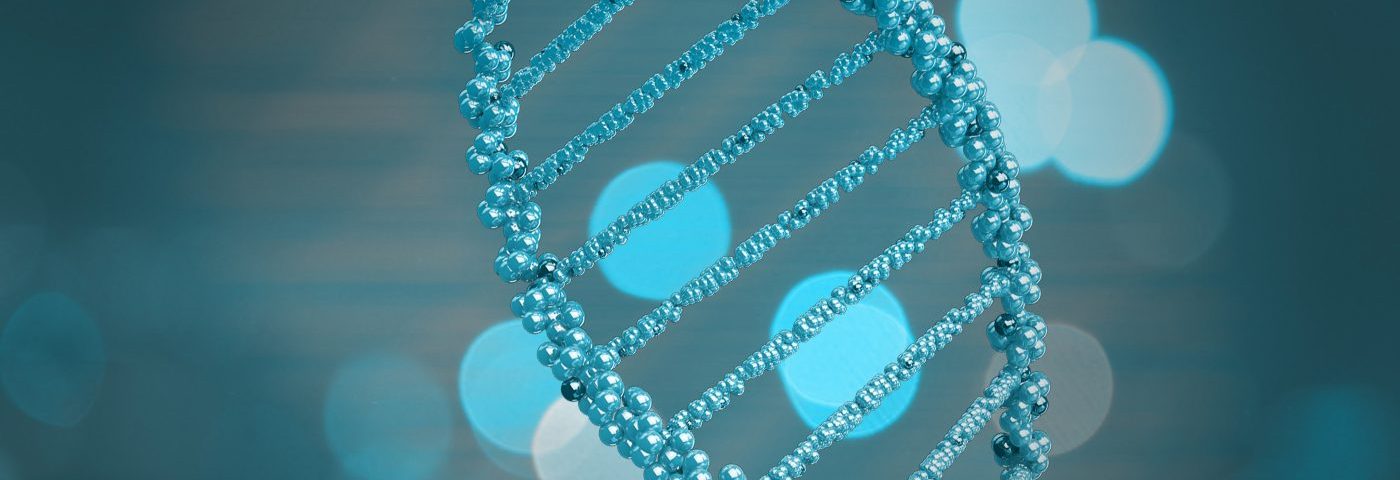Blocking a protein that promotes DNA repair could increase the effectiveness of radiation therapy and reduce side effects in prostate cancer patients, a recent study reports.
The study by researchers at the Medical College of Wisconsin, “Stat5a/b Blockade Sensitizes Prostate Cancer to Radiation through Inhibition of RAD51 and DNA Repair,” was published in the journal Clinical Cancer Research.
Other than skin cancer, prostate cancer is the the most common cancer in American men. According to the American Cancer Society, about one in nine men will be diagnosed with prostate cancer. In the U.S., 165,000 new cases and 29,000 deaths from the disease are estimated for 2018.
Radiation therapy is the standard treatment for locally advanced prostate cancer and one of the main options for organ-confined disease. The therapy may induce debilitating side effects due to unintended targeting of neighboring organs, such as the bowel or the rectum.
New approaches with increased selectivity for prostate cancer subsequently would allow the use of lower radiation doses while limiting side effects.
In their effort to provide more personalized treatments through adaptive radiation therapy, the scientists conducted experiments in patient-derived cells and in mice transplanted with prostate cancer tumors.
They found that production of the protein Stat5 mediated the expression of genes that promote DNA repair. Specifically, Stat5 induced the production of an enzyme called Rad51.
At the cellular level, radiation is effective by inducing DNA damage, which means that production of Stat5 in prostate cancer makes the therapy less effective.
Importantly, results also showed that blocking Stat5 with a molecule previously developed by the team greatly increased the effects of radiation in prostate cancer cells and tumors, while not increasing the sensitivity of healthy tissues to radiation.
Overall, the results showed that Stat5 inhibition “sensitizes [prostate cancer] to radiation and, therefore, may provide an adjuvant [secondary] therapy for radiation to reduce radiation-induced damage to the neighboring tissues,” the researchers wrote.
“Improving the efficacy of radiation therapy while reducing side effects could improve the quality of life of prostate cancer patients when they go through their treatments in the future,” Marja T. Nevalainen, MD, PhD, the study’s senior author, said in a press release.
It also may “reduce the likelihood of prostate cancer recurrence, ultimately also leading to less prostate cancer metastasis and prostate cancer deaths,” she added.

